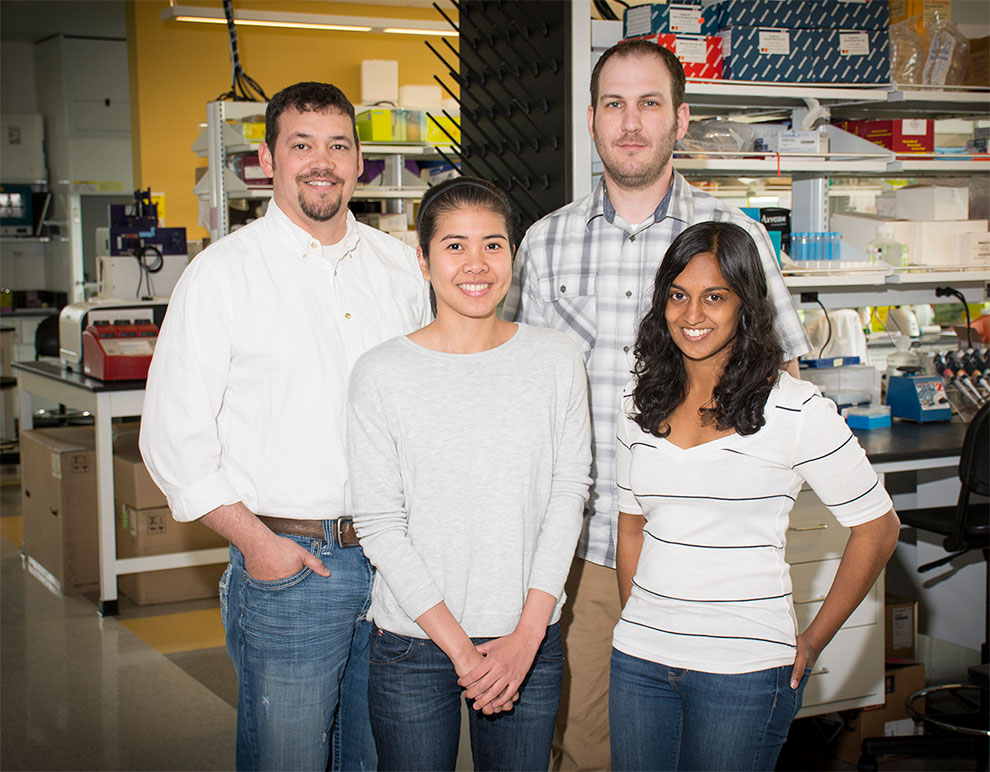Sleep and Performance Research Center
Neuromolecular, Behavioral and Sleep Physiology
Christopher J. Davis, Ph.D.
AREAS OF INTEREST
Sleep regulation, sleep loss, stress, synaptic plasticity, attention, learning and memory, innate immunity and brain noncoding RNAs
RESEARCH SCOPE
Although the function of sleep is still debated, it is clear that good sleep is important for health, recovery from illness, mental well-being, and optimal performance. Brainwaves in humans have been measured to study vigilance states and consciousness for close to a century. Animal models must be used to understand the molecular and genetic determinants of such states, cognitive functions, and how they are altered by sleep loss and sickness in different tissues and cell types. The extent to which molecular signals from sub-human species accurately reflect those in humans depends on both the internal and cross-species external validity of the experimental method and design. One aim of my lab is to challenge traditional approaches and to provide better alternatives to them.
RESEARCH FOCUS
Effects of sleep loss on brain chemistries, behavior, and electrophysiology
My lab is investigating the consequences of insufficient sleep at the molecular, genetic and whole animal behavior. Key interests include brain expression of microRNAs and epigenetics as they affect and are affected by sleep. The cortical expression of sleep homeostasis and how the brain organizes state-specific activity is another focus of the lab. The importance of sleep germane to neural plasticity is also a focus of the lab and is examined with multiple approaches such as hippocampal LTP, and behavioral paradigms including the Morris water maze, the Y-maze and a novel vibration maze for sustained attention. The role of stress in sleep loss is a more recent interest and is being examined by intracranial self-stimulation in rats.
STAFF AND TRAINEES
- Marcella Oonk, M.S. (Graduate Student, Neuroscience)
- Priyanka Bushana, (Graduate Student, Neuroscience)
- Theresa Nguyen, B.Sc. (Laboratory Manager)
- Will Clegern, B.Sc. (Laboratory Technician)
APPROACHES USED
- Slice electrophysiology
- Cortical EEG and LFP in rodents
- Whole animal behavior
- Intracranial Self-stimulation
- Gene expression analysis (qPCR, hybridization arrays)
GRANT SUPPORT
- NATIONAL INSTITUTES OF HEALTH:
- NINDS
- NIMH
- CELGENE
